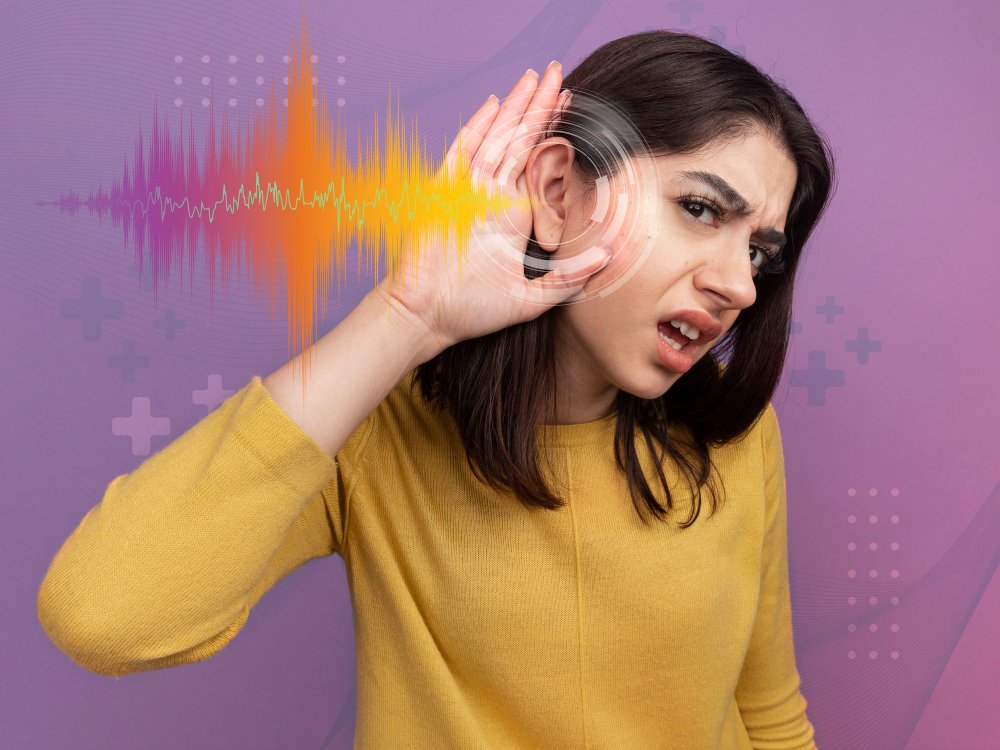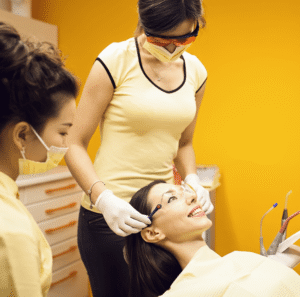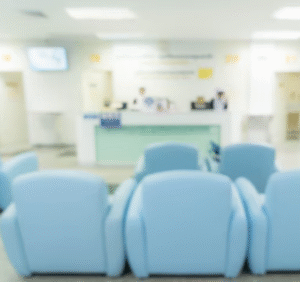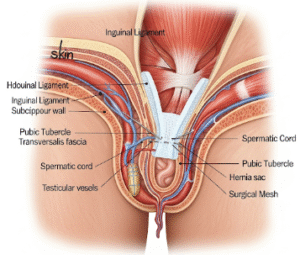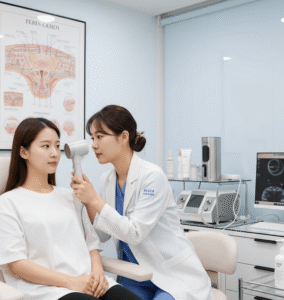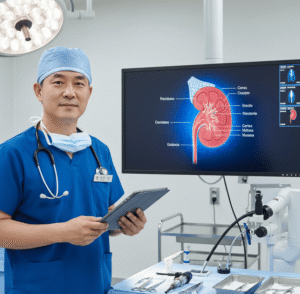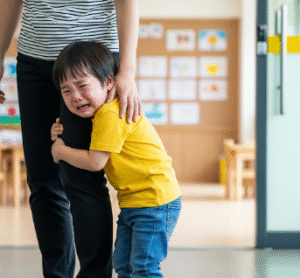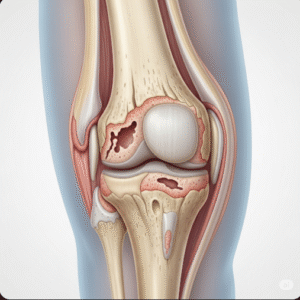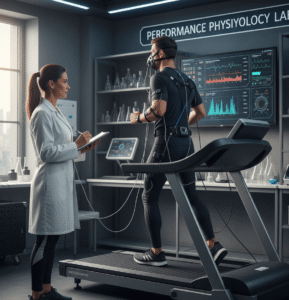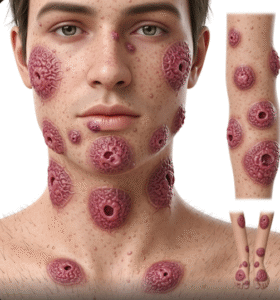Overview
Unilateral Hearing Loss (UHL), also known as Single-Sided Deafness (SSD), refers to a condition where hearing is significantly reduced or completely lost in one ear, while hearing in the other ear remains normal or near normal. This condition can affect both children and adults and may interfere with sound localization, speech understanding in noisy environments, and quality of life. Timely diagnosis and appropriate hearing rehabilitation can help manage the challenges associated with UHL.
What is Unilateral Hearing Loss (Single-Sided Deafness)
Unilateral Hearing Loss (Single-Sided Deafness) is a form of hearing impairment in which a person has normal or near-normal hearing in one ear but moderate-to-profound hearing loss in the other. SSD refers specifically to complete deafness in one ear. This condition disrupts the brain’s ability to process spatial and directional sounds, making it difficult to determine where sounds are coming from or to separate speech from background noise.
Symptoms
- Inability to hear from one side
- Difficulty locating the direction of sounds (poor sound localization)
- Trouble understanding speech in noisy or group environments
- Frequently asking people to repeat themselves
- Turning the “good ear” toward speakers or sound sources
- Tinnitus (ringing in the affected ear)
- Increased listening fatigue or social withdrawal
Causes
Unilateral Hearing Loss can result from various congenital or acquired factors:
- Sensorineural damage due to viral infections (e.g., mumps, measles)
- Sudden sensorineural hearing loss (SSNHL), often idiopathic
- Acoustic neuroma (vestibular schwannoma) or other tumors
- Head trauma or skull fractures
- Meniere’s disease affecting one ear
- Autoimmune inner ear disease
- Noise exposure affecting one side (e.g., firearm use without hearing protection)
- Congenital anomalies or genetic mutations
Risk Factors
- History of viral or bacterial infections
- Exposure to loud noise on one side
- Previous ear surgery or head injury
- Family history of hearing disorders
- Age over 50, due to natural hearing decline
- Occupational noise exposure (e.g., musicians, construction workers)
Complications
- Poor speech comprehension, especially in noisy or group settings
- Difficulty detecting sound direction, affecting safety and social interaction
- Delayed speech and language development in children
- Emotional stress or isolation due to communication challenges
- Tinnitus or auditory hallucinations in the affected ear
- Reduced performance at work or school
- Impaired balance if the vestibular system is also involved
Prevention
While not all cases are preventable, some proactive steps can reduce the risk of Unilateral Hearing Loss:
- Avoid prolonged exposure to loud noise; use ear protection
- Treat ear infections promptly to prevent complications
- Monitor hearing regularly, especially after head trauma or viral illness
- Vaccinations (e.g., mumps, measles) to prevent related hearing loss
- Manage chronic diseases like diabetes or hypertension that may affect circulation to the inner ear
- Educate children and adults about hearing conservation practices
Treatment Options in Korea
South Korea offers advanced diagnostic and rehabilitative care for Unilateral Hearing Loss, using the latest audiological and surgical techniques:
- Hearing aids: May be useful for mild to moderate UHL, depending on residual hearing
- Contralateral Routing of Signal (CROS) system: Transfers sound from the deaf ear to the hearing ear
- Bone-anchored hearing systems (BAHA or BCD): Surgically implanted devices that conduct sound through the skull
- Cochlear implants: In select cases of single-sided profound deafness, especially for recent-onset or post-lingual SSD
- Tinnitus therapy: Counseling, sound therapy, or hearing devices with tinnitus masking features
- Auditory training and speech therapy: Particularly helpful for children or those with recent hearing loss
- MRI and audiological evaluations: To rule out tumors or structural abnormalities
- Multidisciplinary support: Including ENT specialists, audiologists, and speech-language pathologists
South Korea’s medical centers offer tailored treatment plans that restore functional hearing, improve communication, and enhance quality of life for individuals with SSD or UHL.

